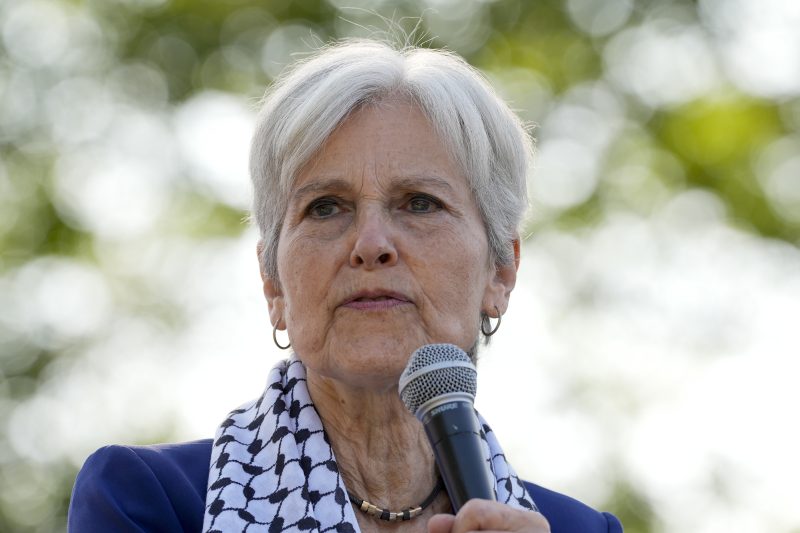
Green Party’s Jill Stein Denied Spot on Nevada Ballot by Supreme Court
The recent decision by the Supreme Court to reject the bid to put Green Party’s Jill Stein on the Nevada ballot has sparked discussions and debates on the role of third-party candidates in American politics. This ruling has significant implications not only for the Green Party but also for the broader political landscape in the United States.
Third-party candidates, such as Jill Stein of the Green Party, often face challenges when trying to secure a spot on the ballot in individual states. The complex and restrictive ballot access laws in many states can make it difficult for third-party candidates to compete on an equal footing with major party candidates. The Supreme Court’s decision in this case highlights the uphill battle that third-party candidates face in navigating these legal obstacles.
The rejection of Jill Stein’s bid to appear on the Nevada ballot raises questions about the fairness and inclusivity of the electoral process. Should third-party candidates be held to the same standards as major party candidates when it comes to ballot access? Are current ballot access laws creating barriers that restrict voter choice and limit the diversity of voices in the political arena?
Supporters of third-party candidates argue that a more diverse range of voices and perspectives is essential for a healthy democracy. They believe that third-party candidates offer alternative policy ideas and challenge the dominance of the two-party system. By limiting the ability of third-party candidates to appear on the ballot, some argue that the political process is being stifled and voters are being denied the opportunity to fully engage with a broader spectrum of political views.
On the other hand, critics of third-party candidates contend that their presence on the ballot can split the vote and potentially influence the outcome of an election. They argue that the two-party system is a fundamental aspect of American democracy and that allowing too many candidates on the ballot could lead to chaos and instability in the political process.
The Supreme Court’s decision in this case reflects a broader debate about the role of third-party candidates in the American political system. As the landscape of American politics continues to evolve, it is important to consider how best to ensure a fair and inclusive electoral process that allows for a diversity of voices and perspectives to be heard.
In conclusion, the rejection of Jill Stein’s bid to appear on the Nevada ballot by the Supreme Court highlights the challenges that third-party candidates face in participating in the electoral process. As the debate over the role of third-party candidates continues, it is essential to strike a balance between promoting voter choice and ensuring the integrity and stability of the political system. Ultimately, a robust and inclusive democracy requires that all voices be given a fair chance to be heard.
